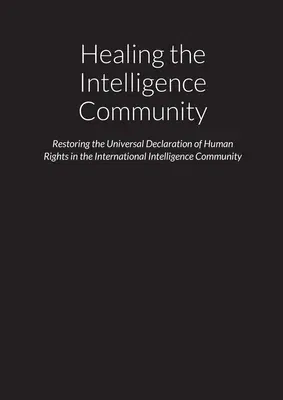HEALING THE INTERNATIONAL COMMUNITY / "UN relief chief urges $54 bln in
aid to meet basic needs of 350 million in crisis" With more than 350
million people in need of humanitarian assistance globally, $54 billion
is needed to meet the basic needs of the worst affected among them, said
the United Nations' Emergency Coordinator Martin Griffiths in remarks on
behalf of the Secretary-General at the Riyadh Humanitarian Forum in
Saudi Arabia on Monday. Griffiths said that "experience shows that we
can expect to raise barely half" of the $54 billion needed to meet the
basic needs of millions worldwide affected by climate change, war and
the food security crisis. He emphasized that the "world is facing the
largest food crisis in modern history" and warned that "famine is
knocking on many doors," while human rights, particularly women's
rights, are under attack. In addition to funding, he highlighted that
political will was also required to address these pressing issues. The
number of people in need continues to rise due to protracted conflict,
the climate emergency, and economic collapse fueled by the COVID-19
pandemic and the war in Ukraine. Despite the increasing needs, resources
are not keeping up. Griffiths emphasized that humanitarians must respond
to crises, but practical and tangible help is required to discharge this
mandate. He called for a surge in diplomatic efforts to end wars and
conflicts, and for addressing climate change head-on. He stressed that
every flood, heat wave, drought, or superstorm leaves a humanitarian
crisis in its wake. Griffiths shared some of the "heartbreaking
statistics" regarding the current situation, including the fact that
over 222 million people globally do not know when they will eat another
meal, and 45 million people, mainly women and children, are already on
the brink of starvation. To address this, he called for donors to scale
up their support, and emphasized that humanitarian action cannot stand
alone. Over the weekend, the UN's Central Emergency Response Fund (CERF)
announced an unprecedented $250 million allocation. While this will
enable early action, Griffiths stressed the need for donors to increase
their support. He called for a collaborative approach, stating that "by
working together, with the political will that is your currency to
expend, we can stop conflicts, address the climate emergency, fight
famines, and be ready for the next emergencies that inevitably lurk
around the corner."


